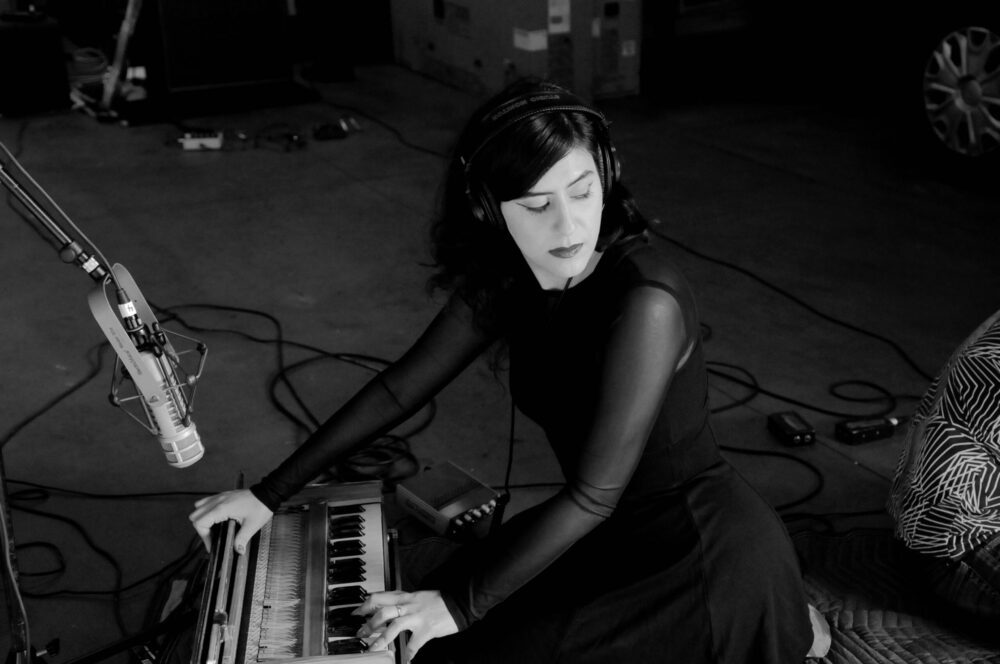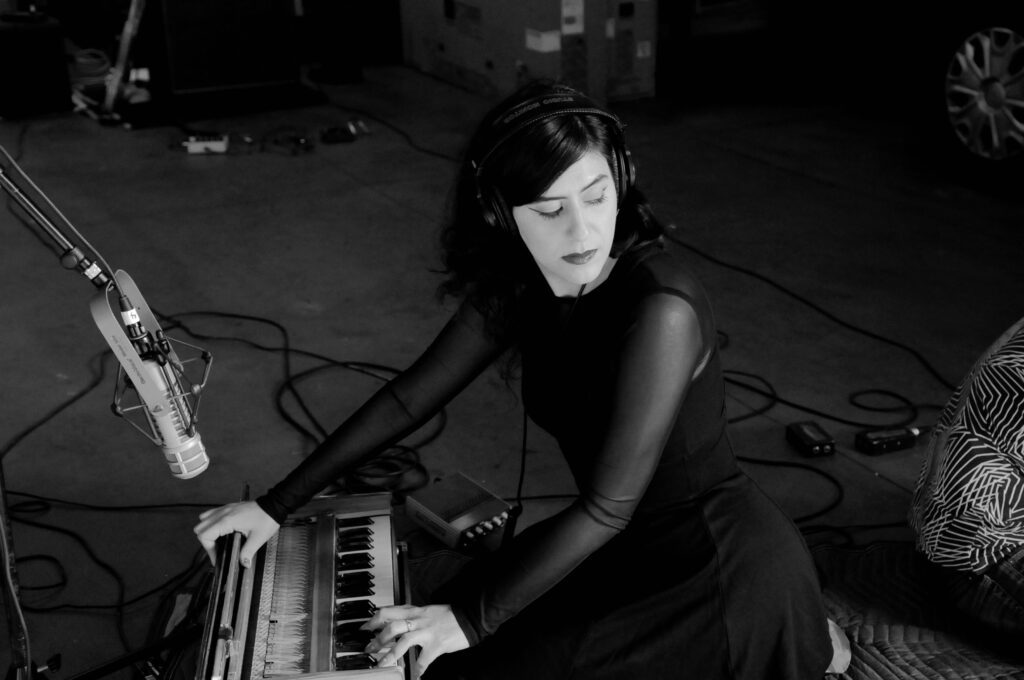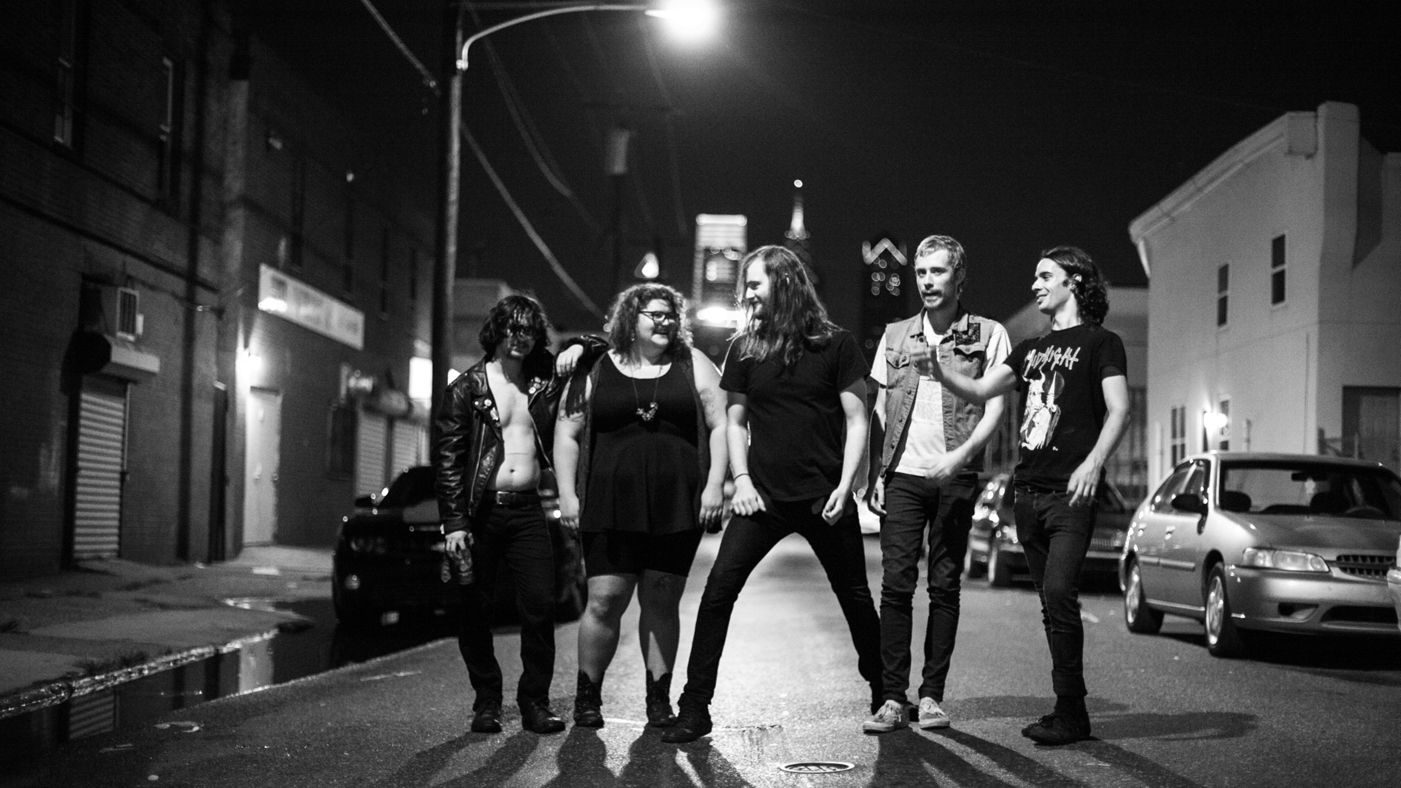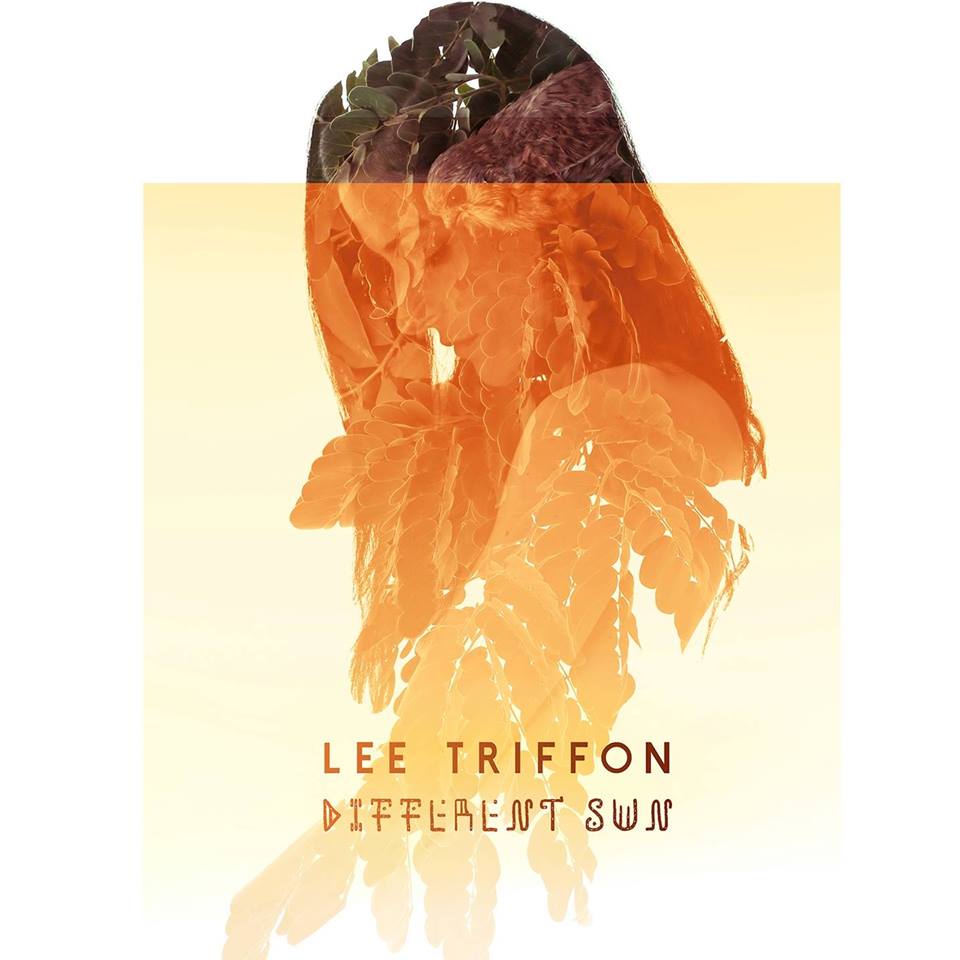

Last April, as soon as Taleen Kali and her bandmate Miles Marsico were vaccinated, they headed to a warehouse in Glendale, California, just outside of Los Angeles, with a bass, a harmonium, some synths and singing bowls. Then they hooked up the bass and synths to “a mess of pedals” and recorded a sound bath. On November 5, the fruits of that session were released as a five-track EP, Songs for Meditation, for free, a gesture that Kali describes as a “gift to the universe during these wild times.”
Songs for Meditation is divided into five improvised compositions that take their titles from the components of narrative structures; it begins with “Prologue” and ends with “Denouement.” The EP is also structured similar to a traditional sound bath, although some of the techniques they use aren’t. “It’s a meditation record, a sound bath record, but sometimes it also sounds like a post-rock record or an ambient album,” Kali says on a recent phone call. It’s also a culmination of a rock musician’s journey into the healing power of sound baths.
Back in 2013, Kali, who plays multiple instruments including piano and guitar, had been experiencing tendonitis and was noticing the beginning of carpal tunnel syndrome. That’s when she headed to her first yoga class, which quickly became a passion. In a class she took early on, the teacher played a singing bowl; Kali was instantly intrigued. “It sounded holy. It sounded beautiful,” she recalls. Kali wanted to learn everything about singing bowls, so she trained to become a sound bath practitioner.
Singing bowls, particularly the crystal ones that Kali often plays, have some major differences from traditional rock instruments. “With rock and roll or punk, you can thrash. You can thrash on your guitar and it feels amazing. You can feedback. I feel like when I play traditional rock instruments, I can be really volatile with them and channel anger and channel all sorts of things that come up,” Kali explains. “However, with singing bowls, if I do that, I’m going to break the crystal bowl.”
In fact, Kali did have a crystal bowl once that broke when it fell, even though it was packed inside of a gig bag. The fragility of the instrument lends itself to a different type of playing style. “You really have to play the singing bowl with reverence and be very grounded while you play it, otherwise, you’re going to hurt the singing bowl or hurt yourself,” says Kali; it’s more like settling in to a balancing pose in yoga.
Still, there are elements of singing bowl techniques that Kali, who released the rock-oriented EP Soul Songs in 2018, has been able to transfer over to her work on guitar. “It was great practice for me for relearning to play guitar in a safer way in order to avoid injury,” says Kali. “The practice of playing the crystal singing bowl really has reeducated me in thinking, getting grounded, taking a few breaths before I play, so that I’m playing from a more centered place.”
A few nights before our interview, I sat in on a virtual sound bath where she played three crystal quartz composite bowls that were tuned to the notes D, F and A, respectively. “They make up a perfect triad, a perfect chord, a major chord,” she explains. The bowls were already tuned to those notes in order to achieve the harmonic sounds that they can produce.
In the sound bath, she encouraged viewers to set an intention and gave journal prompts. The latter activity, she says, is the result of the amount of people in the creative fields who attend the events. “They can be really creatively generative,” she says of sound baths. Something like a journal prompt can help direct that inspiration.
Kali has been creating sound baths for about three years now, but, for a while, she had put the practice aside due to touring. “My singing bowls were in the studio in the gig bags,” she says. “I didn’t have them out anymore.” That changed, though, with the onset of the COVID-19 pandemic, when Kali brought her bowls home from the studio. “Within the first few weeks of the pandemic, I started doing these virtual sound baths because I needed them,” she says. “I needed to come down off of all the anxiety related to the start of the pandemic.”
She kept going with it, and has more recently started doing one-minute sound baths on Instagram, where she plays at times that are unannounced, although they typically come at the top of an hour. These mini sound baths are a response to the phenomenon of doomscrolling. “I also fell prey to so much doomscrolling and internet addiction, especially in the middle of the pandemic, when I couldn’t socialize normally,” Kali says, noting how she would end up spending time on social media networks even when she didn’t want to. “It started to not feel good. That’s how I knew that it was addictive.”
The Instagram pop ups are a way to offer some of her sound bath work for free, something Kali felt was important to do. “By playing the instruments, it’s actually helping me too,” she says. “It’s a fair exchange of energy. I’m not giving anything away. It’s helping me, it’s helping others, and that feels really good.”
Follow Taleen Kali on Instagram and Facebook for ongoing updates.




